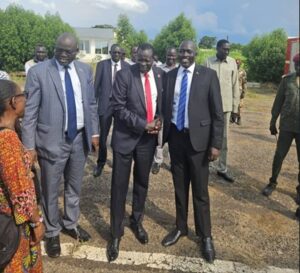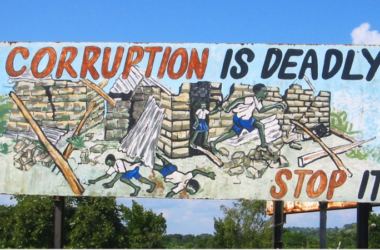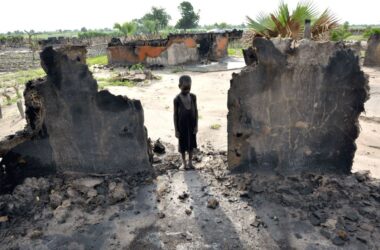
By Alan Clement
A high-level delegation led by Humanitarian Affairs Minister Albino Akol visited Malakal to assess flood risks and bolster coordination for emergency response across Upper Nile State.
The delegation, which included the Deputy National Chairperson of the Relief and Rehabilitation Commission (RRC), Aguek Ring Mabil, was joined by key humanitarian partners and representatives from United Nations agencies and non-governmental organizations.
The mission to Malakal on Wednesday, September 3, 2025 aimed to reinforce joint preparedness efforts and evaluate flood-prone areas and Internally Displaced Persons (IDPs) sites in Malakal and surrounding counties.
“This visit is about preparedness and partnership. We are here to listen to communities, assess the risks, and ensure our response mechanisms are timely, coordinated, and effective,” said Minister Albino Akol in a statement.
The visit followed warnings from the Ministry of Water Resources and Irrigation about rising Nile water levels which prompted the formation of a state taskforce comprising government ministries, NGOs, and UN agencies to support vulnerable communities and streamline aid delivery toward the end of August 2025.
RRC Deputy Chairperson Aguek Ring Mabil underscored the need for joint planning and inclusive coordination, highlighting that effective humanitarian response depends on close collaboration between government, aid partners, and affected communities. He noted that the visit focused on engaging local voices and ensuring timely delivery of assistance should flooding occur.
“Our mission is to ensure that no community is left behind as we prepare for possible flooding. The government is committed to working hand-in-hand with partners to mitigate risks and deliver timely humanitarian support,” said Mabil.
During the visit, the delegation held consultations with local authorities and community leaders, and carried out on-site inspections of flood-prone zones and Internally Displaced Persons (IDP) settlements.
Floods have already impacted parts of Makal, Fashoda, and Panyikang counties, raising urgent concerns about the vulnerability of communities along the Nile. As South Sudan braces for further climate-related disruptions, the government’s visit to Malakal marks a fundamental change toward proactive disaster preparedness and localized response planning.




